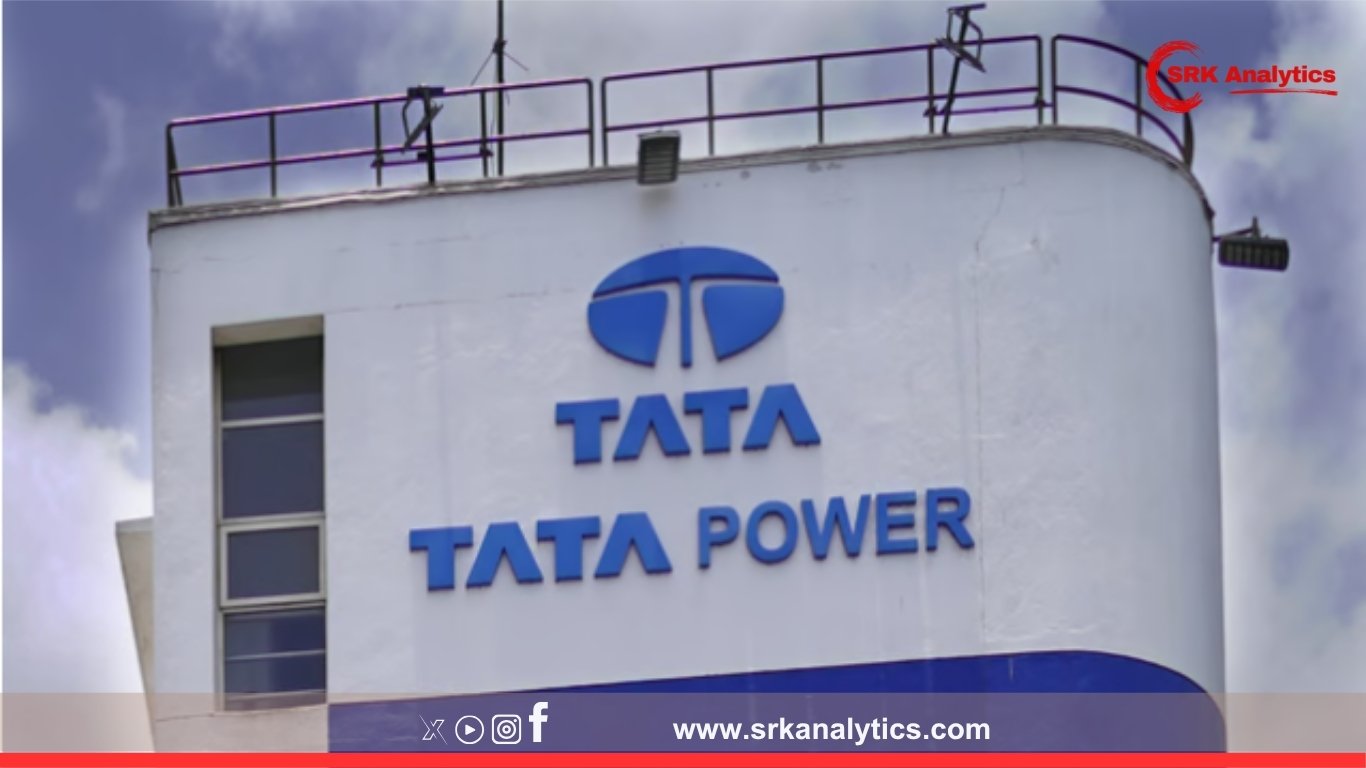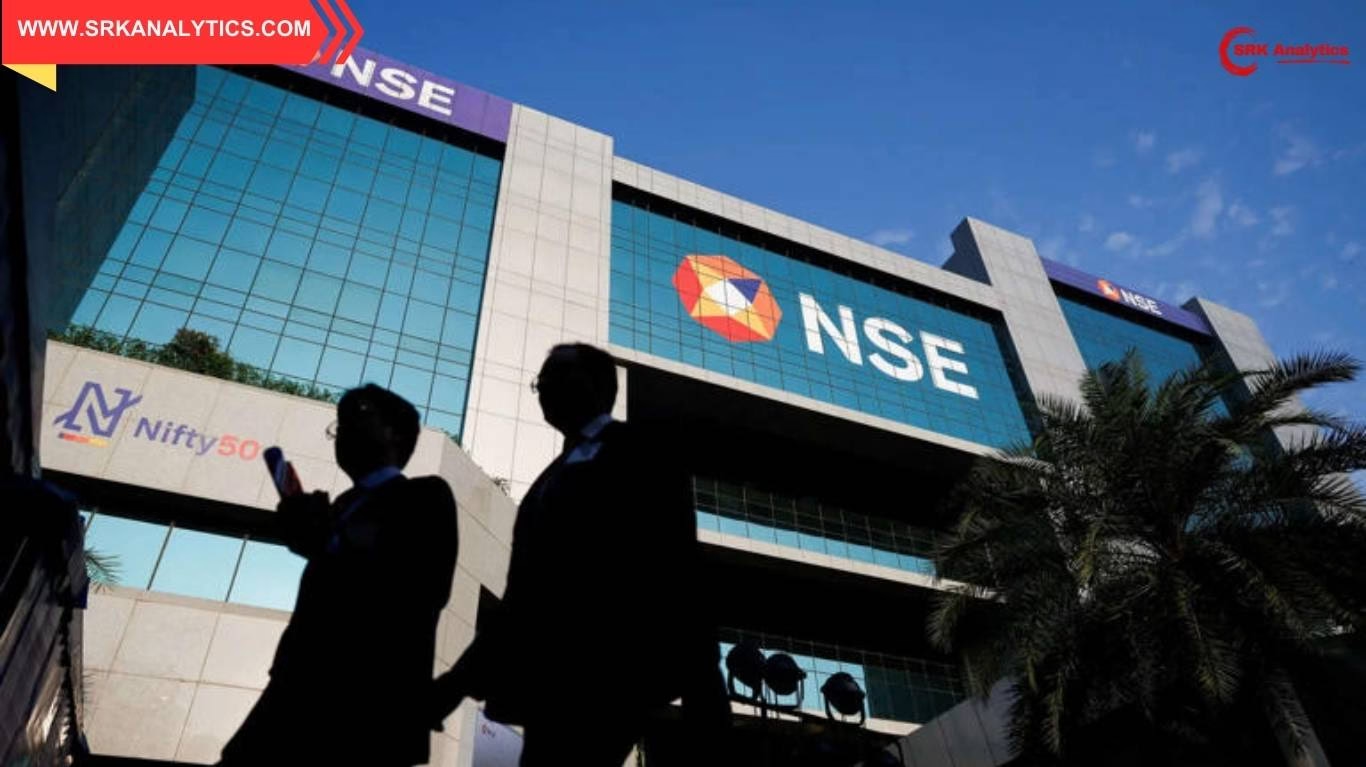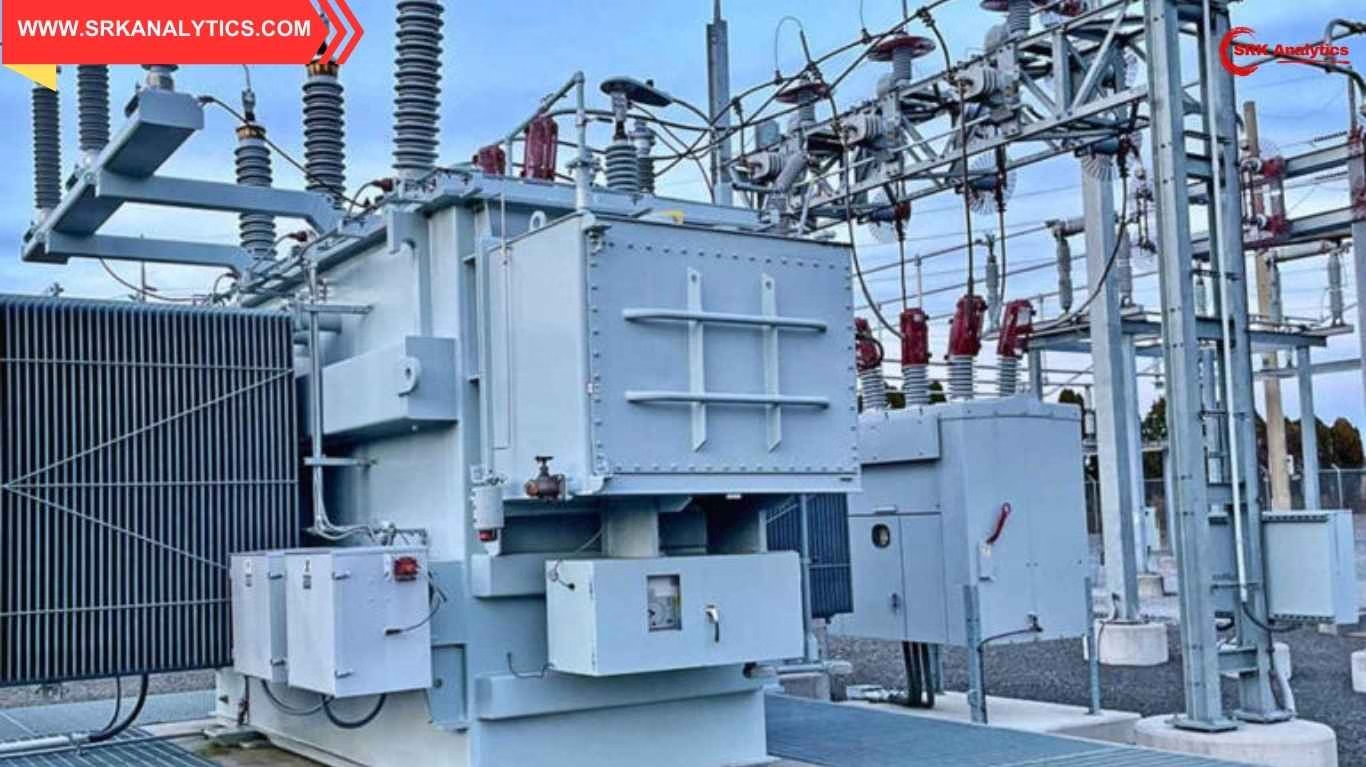Shares of Tata Power Company Ltd fell nearly 2% in morning trade on Thursday, following news that an international arbitration tribunal has ruled in favour of Kleros Energy, ordering Tata Power to pay $490 million (approximately ₹4,095 crore) in a long-pending contractual dispute. The adverse verdict has raised concerns over financial implications for India’s largest integrated power company.
Background of the Arbitration Dispute
The arbitration case pertains to Tata Power’s 2015 acquisition of a majority stake in Kleros Energy’s Indonesia-based coal mining operations. Kleros alleged breach of certain terms under the acquisition and operational agreements, including:
- Delayed fulfilment of payment obligations
- Operational control issues at select mining subsidiaries
- Discrepancies in royalty adjustments post-acquisition
The Singapore International Arbitration Centre (SIAC) ruled this week that Tata Power must compensate Kleros Energy for breach of contract and related damages, rejecting most of Tata Power’s counterclaims.
Market Reaction To The Ruling
On the NSE, Tata Power shares opened lower at ₹441 against the previous close of ₹449, touching an intraday low of ₹439 before partially recovering to ₹443 by noon.
| Date | Open (₹) | High (₹) | Low (₹) | Close (₹) | % Change |
|---|---|---|---|---|---|
| July 4, 2025 | 441 | 444 | 439 | 443 | -1.35% |
| July 3, 2025 | 449 | 452 | 445 | 449 | +0.6% |
Financial Impact on Tata Power
Brokerage analysts note that the $490 million payout constitutes over 10% of Tata Power’s FY25 EBITDA, affecting its free cash flows and potentially delaying its aggressive debt reduction and renewable expansion plans.
Key Financials (FY25)
| Metric | Value |
|---|---|
| Revenue | ₹61,428 crore |
| EBITDA | ₹13,482 crore |
| Net Profit | ₹5,060 crore |
| Gross Debt | ₹43,500 crore |
| Net Debt | ₹34,220 crore |
| Cash & Equivalents | ₹9,280 crore |
While the company has adequate liquidity to honour the arbitration award, analysts at Kotak Institutional Equities warned that “additional debt drawdown or deferral of select growth capex cannot be ruled out if cash flows remain tight in the coming quarters.”
Strategic Plans May Face Temporary Hurdles
Tata Power has been executing an ambitious green energy expansion strategy, targeting:
- 15 GW renewable capacity by FY27 (current: 6.8 GW)
- EV charging network expansion to over 25,000 points pan-India by 2030
- Battery storage investments to support grid resilience
The arbitration payout may force reprioritisation or phased implementation, though the management has not indicated any change in medium-term goals.
Management Response
In an exchange filing, Tata Power stated:
“We are reviewing the arbitration award in consultation with our legal advisors and will explore all options, including challenging parts of the ruling, to protect the interests of our stakeholders.”
The company emphasised that its operational performance remains robust, with continued momentum in distribution reforms, renewable capacity addition, and customer growth across EV charging, rooftop solar, and microgrid businesses.
Analyst Views
- ICICI Securities:
“This is a negative near-term development, but Tata Power’s diversified earnings base and cash generation ability remain intact. The stock correction offers accumulation opportunities with a 12-month target of ₹520.” - Motilal Oswal:
“The arbitration payout increases net debt but does not derail the structural growth story. Investors should watch for management clarity on payout timelines and FY26 capex recalibration.” - HDFC Securities:
“Maintain BUY with cautious optimism. Expect near-term weakness due to headline risk but limited medium-term impact.”
Legal Options And Possible Appeal
Under SIAC rules, awards are final and binding but parties can seek setting aside in Singapore courts under limited grounds such as:
- Procedural impropriety
- Jurisdiction errors
- Violation of public policy
Legal experts suggest that Tata Power has a narrow window of approximately 90 days to file an appeal if it identifies valid legal grounds.
Impact On Sector Peers
The arbitration ruling has also triggered investor caution in other energy sector stocks with cross-border coal or hydro assets, including:
| Company | Stock Impact on July 4 (%) | Reason |
|---|---|---|
| Adani Power | -0.8 | General sector sentiment weakness |
| NTPC | -0.5 | Limited exposure to similar risks |
| JSW Energy | +0.2 | Renewables-focused portfolio seen as safer |
FII View On Tata Power Post-Ruling
According to Bloomberg data, foreign institutional ownership in Tata Power stood at 12.4% as of June 2025, with top holders being Vanguard, Government Pension Fund Global (Norway), and Fidelity. FII flows have remained positive in 2025, driven by India’s renewable energy outlook and utility reforms.
| Institution | Holding (%) |
|---|---|
| Vanguard | 2.8 |
| GPFG Norway | 1.9 |
| Fidelity | 1.4 |
| Others | 6.3 |
Analysts expect that while the ruling may trigger marginal near-term FII profit booking, medium-term flows remain supported by India’s power sector growth and decarbonisation policies.
Outlook For Investors
With Tata Power shares correcting around 10% from their 52-week high of ₹492 touched in June, analysts recommend:
- Holding existing positions given structural renewable growth drivers
- Watching for management commentary on payout timing, operational updates, and FY26 guidance
- Accumulating at further declines for long-term portfolios targeting the clean energy transformation theme
Conclusion
The $490 million arbitration ruling is undoubtedly a setback for Tata Power, both reputationally and financially. However, robust operating cash flows, diversified verticals from generation to distribution, and strategic renewable ambitions provide resilience to navigate this legal headwind. Investors must track upcoming quarterly results, debt management plans, and legal developments to reassess risk-reward positioning in India’s largest private power utility.
Disclaimer: This news analysis is for informational purposes only. It does not constitute investment advice. Readers should consult SEBI-registered advisors before making equity market decisions.












A cozy Kolasin booking for mountain lovers. Ski slopes, trekking trails, and local cuisine are nearby. Rooms are equipped with amenities, Wi-Fi, parking, and friendly staff are available to help you plan your vacation.
Site web de pari foot rdc: paris sportifs, championnats de football, resultats des matchs et cotes. Informations detaillees sur la plateforme, les conditions d’utilisation, les fonctionnalites et les evenements sportifs disponibles.